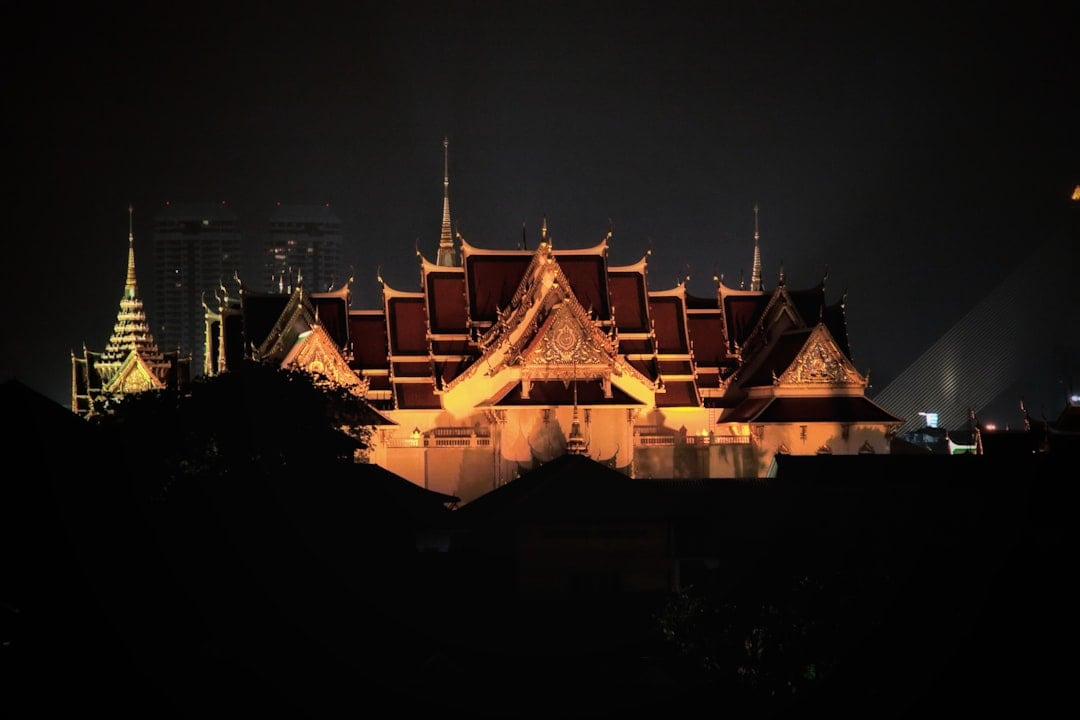(THAILAND) Thailand will double the visa-free stay for Indian passport holders to 60 days starting December 1, 2025, a move officials say is designed to spur longer trips and higher spending through 2025.
Under the change, Indian travelers arriving for tourism or short-term business can remain in the country for up to two months without applying for a prior visa, extending the current 30-day visa exemption that many visitors have relied on for quick getaways. The policy applies nationwide and is intended to lift arrivals and revenue as Thailand targets a stronger finish to the year.

Purpose and scope of the change
The government has framed the change as both simple and targeted. Key points:
- Indian visitors will be allowed to enter visa-free and stay for 60 days, subject to standard entry checks at the border.
- Permitted purposes include tourism and short business visits (meetings, exhibitions, conferences).
- The shift supports Thailand’s cultural, culinary, and beach offerings to encourage longer stays, especially during peak travel months when Indian families, young professionals, and retirees plan winter holidays.
One-time extension: how travelers can stay longer
Thai immigration will allow a one-time in-country extension at local immigration offices, adding up to 30 more days to the initial visa exemption. In practice:
- An Indian traveler can spend a total of up to 90 days in Thailand without obtaining a visa in advance, provided they meet standard entry and extension conditions.
- Extensions are discretionary and tied to lawful activities under visa-free entry; employment is not permitted under this exemption.
Tourism trends and government rationale
The timing reflects a broader tourism strategy:
- Through the first nine months of 2025, Thailand welcomed an estimated 24.11 million visitors — still short of 2019 levels but supported by higher average spending.
- Per-visitor spending rose to about 46,000 baht, up roughly 1.74% year on year.
- While arrivals have softened slightly compared with 2024, spending resilience and stronger domestic travel have helped lift overall revenue.
- Policymakers hope the extended 60 days encourages multi-city itineraries including Bangkok, Chiang Mai, Phuket, and Krabi.
Industry reaction and travel behavior
Travel industry groups in India have urged longer stays, noting a growing segment of repeat travelers who prefer slow travel—weeklong island stays followed by temple visits and street food tours.
- Airlines expect more open-jaw itineraries (e.g., arrive in the south, depart from Bangkok).
- Hotel groups foresee longer average stays and stronger family bookings during school holidays.
- Small-business owners and event organizers expect greater flexibility for sourcing, trade fairs, and conferences.
Officials argue the two-month limit better fits travel patterns where meetings often spill into weekend leisure, without adding visa paperwork.
Entry requirements and practical checks
Travelers must still meet entry rules. Border officers typically require:
- A passport valid for at least six months.
- Proof of a return or onward ticket dated within the 60-day window.
- Confirmed accommodation (hotel booking or host address).
- Possible proof of funds — guidance set at around THB 20,000 per person.
Thailand has an online arrival process; Indian travelers are advised to complete the digital arrival card within the three days before departure to smooth border processing.
Important: Checks can vary by airport and workload. Anyone unable to show basic documents risks being refused entry.
E-Visa system and when it applies
Thailand’s broader digital shift continued in January 2025 with an expanded e-Visa system for India-based applicants who need visas for reasons beyond the visa-exempt scope (e.g., longer-term study or non-tourist purposes).
- The e-Visa sits alongside the visa exemption and does not replace it.
- Indian tourists who fall within the 60-day visa-free limits do not need the e-Visa.
- For official information on entry and extensions, travelers can consult the Thai Immigration Bureau: https://www.immigration.go.th/
Strategic benefits and market impact
Tourism planners view India as a key growth market. Factors driving demand include:
- Mobile bookings and expanding air links from Tier-2 cities
- A strong wedding travel segment
- Demand for combined itineraries (beaches + wellness + culinary tours + northern craft villages and national parks)
According to analysis by VisaVerge.com, the longer exemption aligns with Thailand’s push to raise the quality and length of stay, particularly among repeat visitors who spread spending across regions outside Bangkok and Phuket.
Fiscal and operational considerations
The measure arrives amid regional pressures like fuel prices and currency swings. Advantages include:
- No new paperwork before departure for eligible travelers.
- On-shore extension option keeps flexibility.
- Simplicity and predictability are expected to increase traveler confidence to book longer trips.
Industry analysts emphasize that a clear set of conditions, a longer default stay, and a predictable extension path can be as valuable as direct cost savings.
Enforcement and final reminders
As with any border policy, enforcement rests with officers at ports of entry:
- The visa exemption does not allow paid work.
- Travelers may be asked to show proof that their stay remains within permitted purposes.
- Immigration officials stress a balance between smooth processing for genuine visitors and standard checks to ensure compliance.
For many Indian travelers, the headline is straightforward and welcome: 60 days visa-free from December 1, 2025, with the possibility of an additional 30 days on shore if plans evolve. With beaches filling for winter and cities gearing up for festivals, Thailand is betting that extra time will turn short breaks into longer journeys—and keep visitor spending flowing into 2025.
Frequently Asked Questions
This Article in a Nutshell
Thailand will permit Indian passport holders visa-free stays of 60 days from December 1, 2025, for tourism and short business visits. A discretionary one-time in-country extension of up to 30 days allows up to 90 days total without a prior visa. Travelers must meet standard entry checks — passport valid six months, return/onward ticket within 60 days, accommodation confirmation, and possible proof of THB 20,000. The policy aims to increase longer itineraries and visitor spending across Bangkok, Chiang Mai, Phuket and Krabi.













